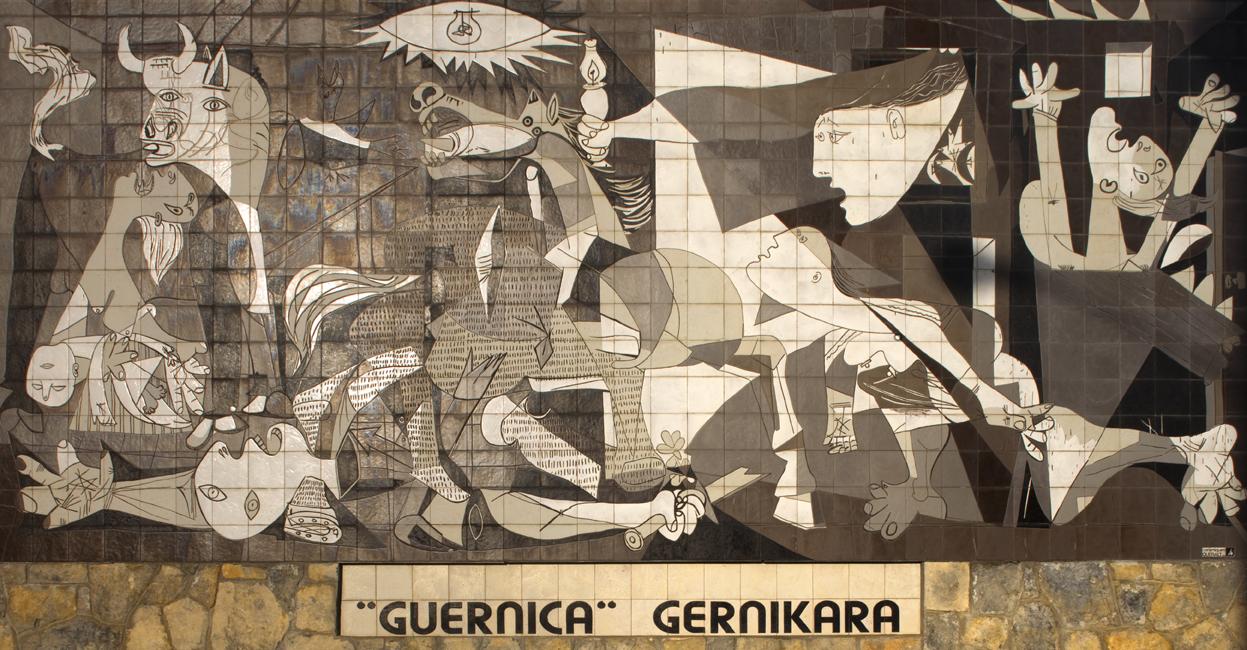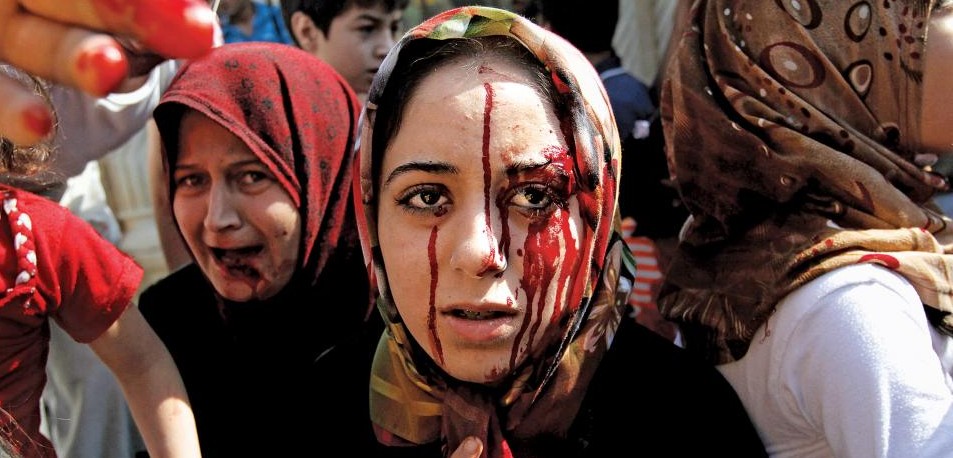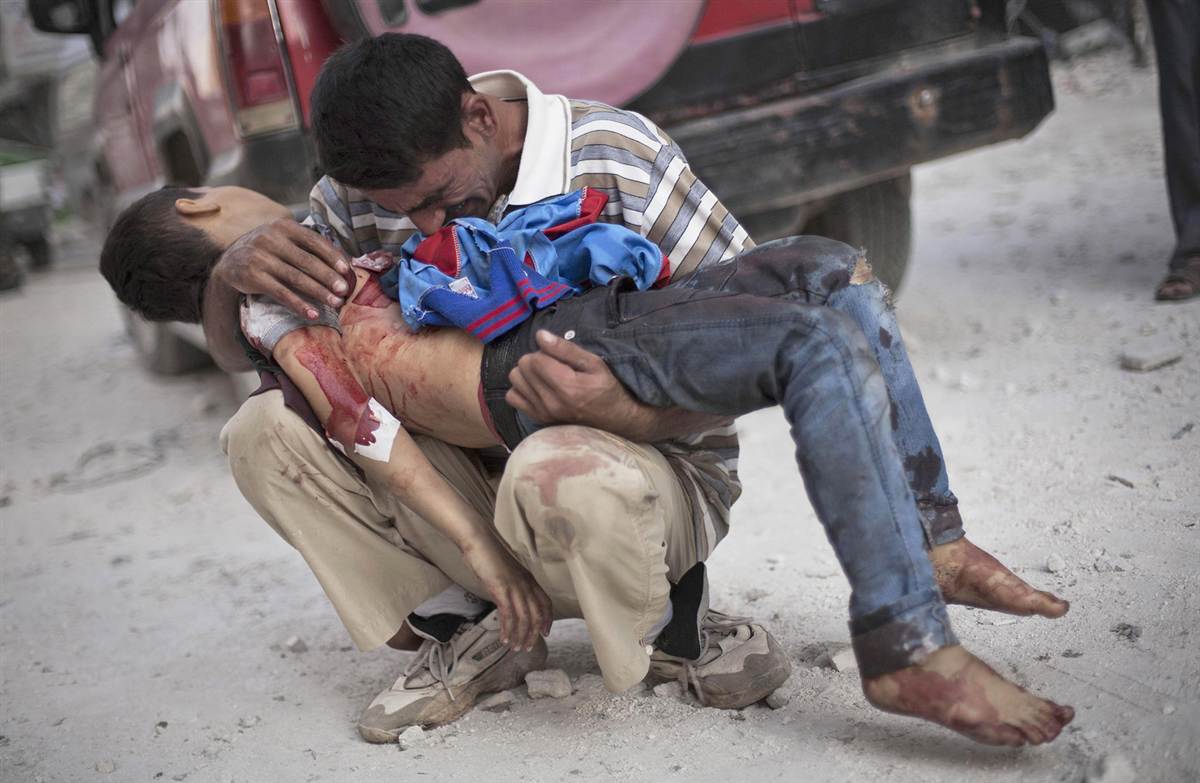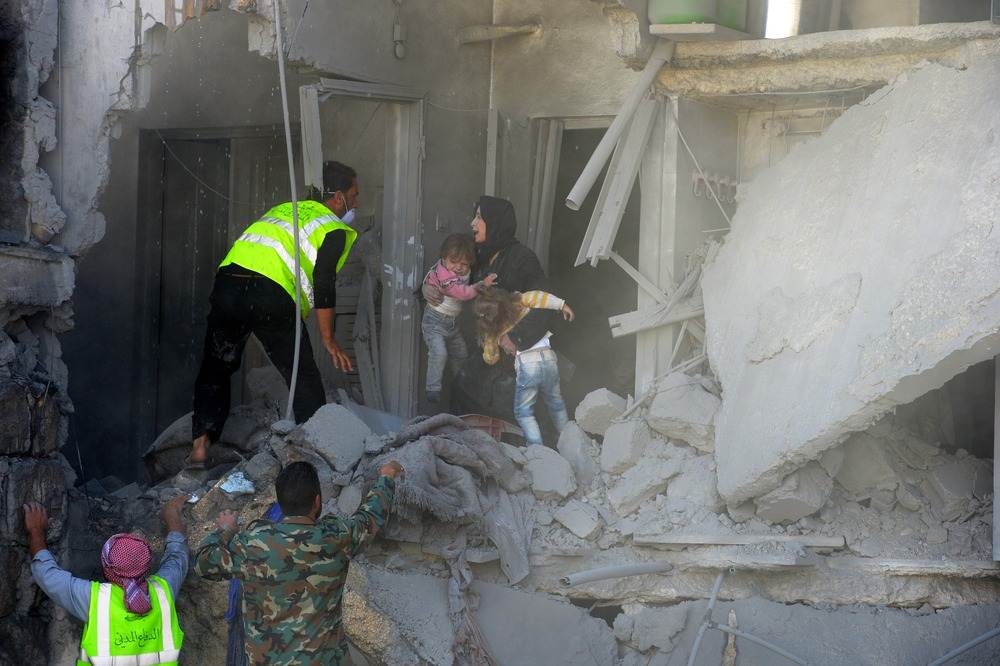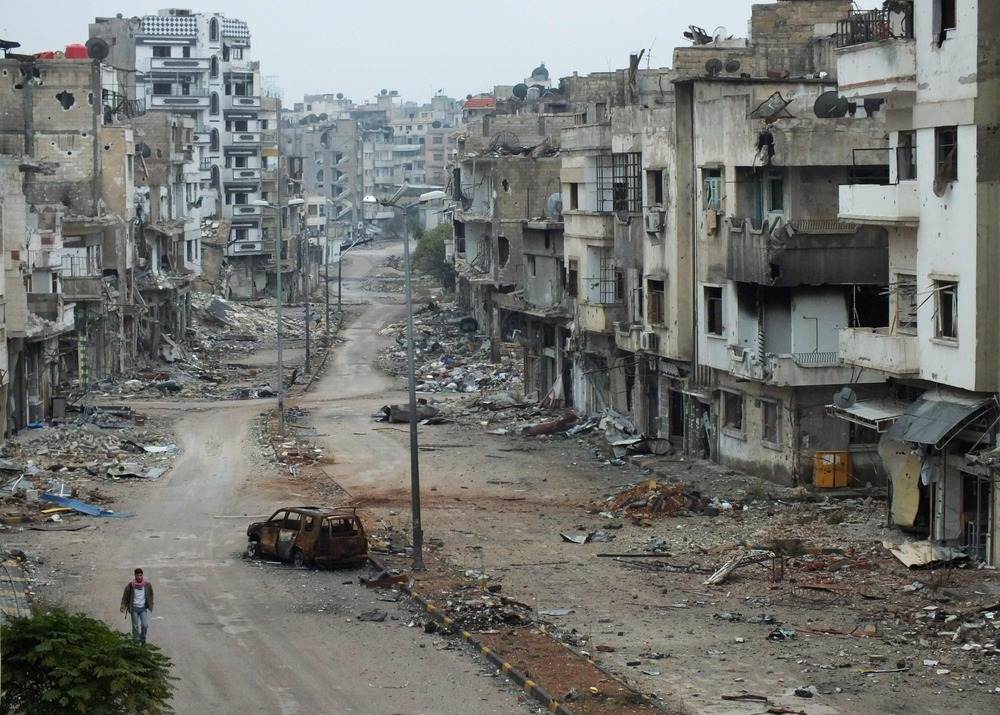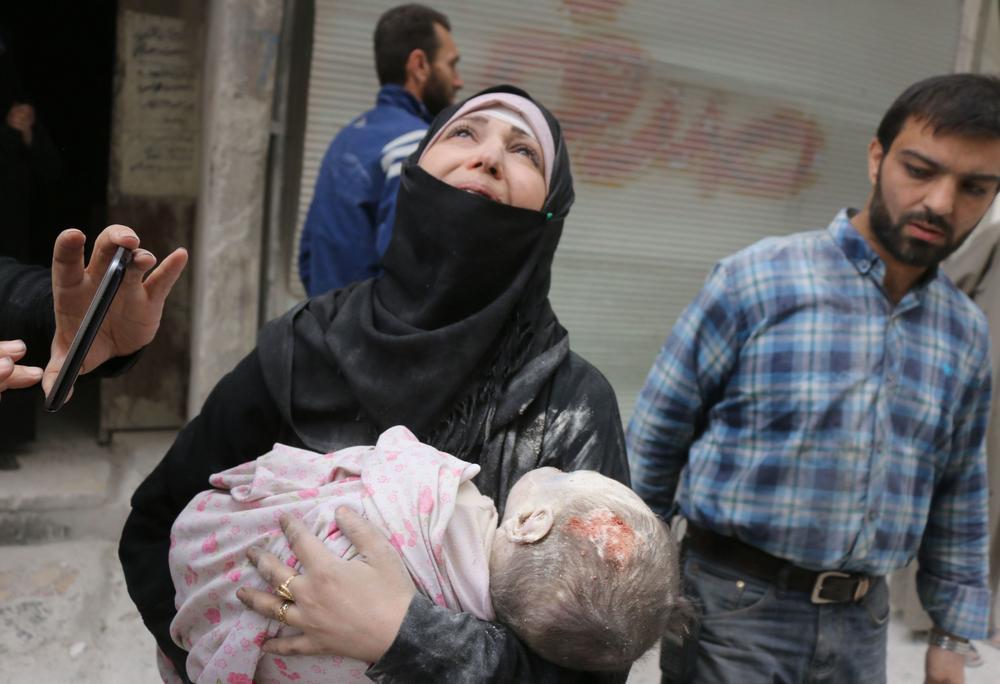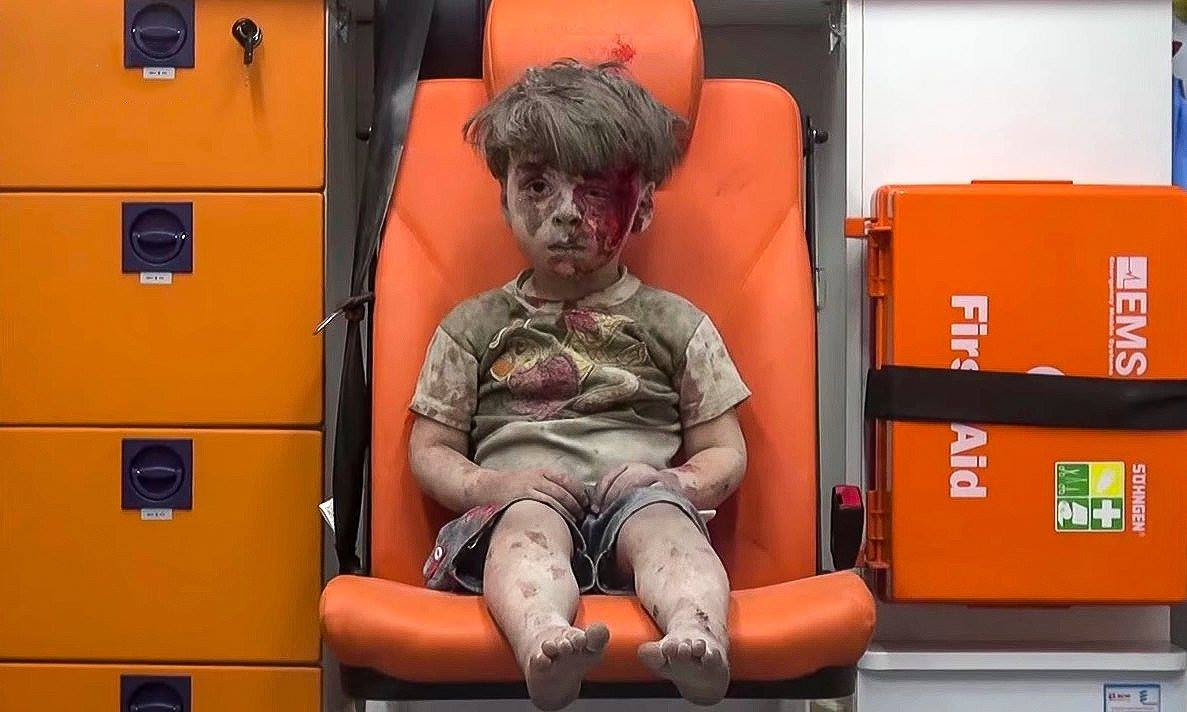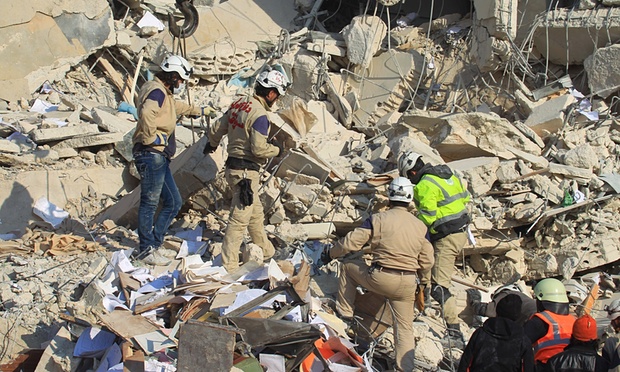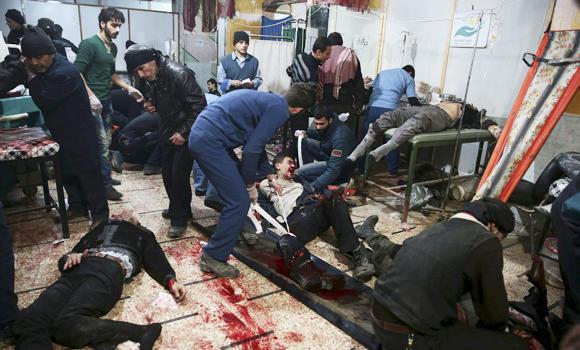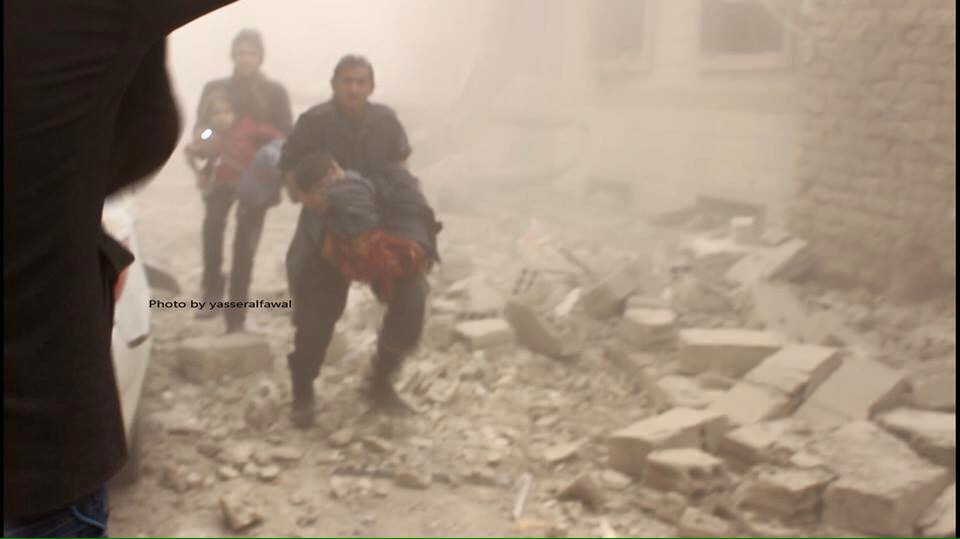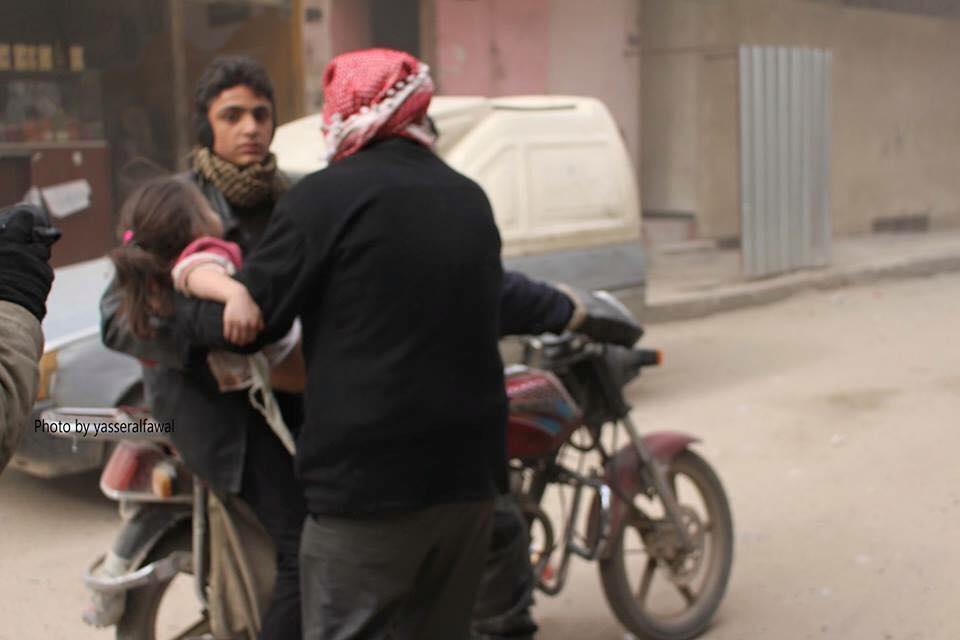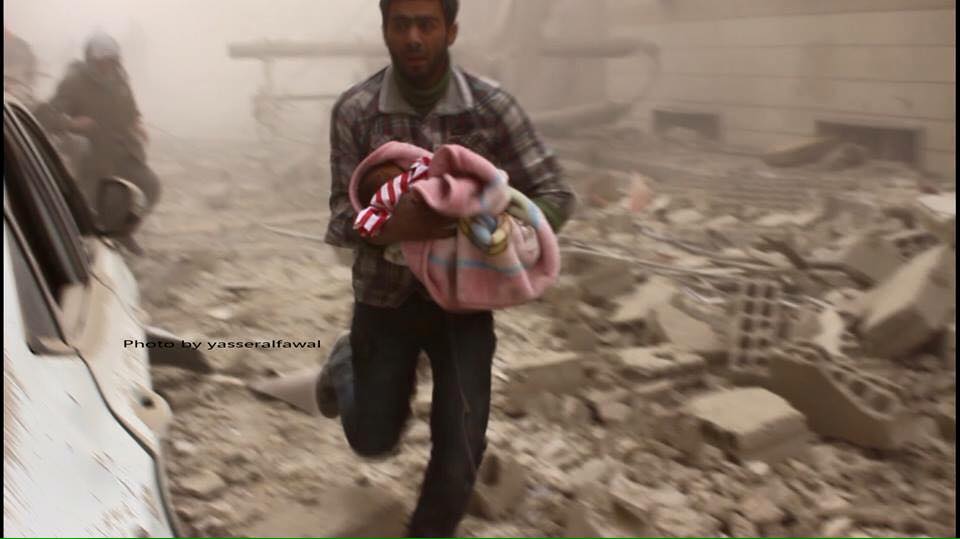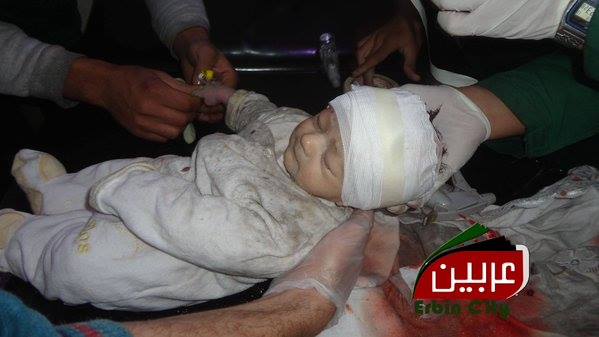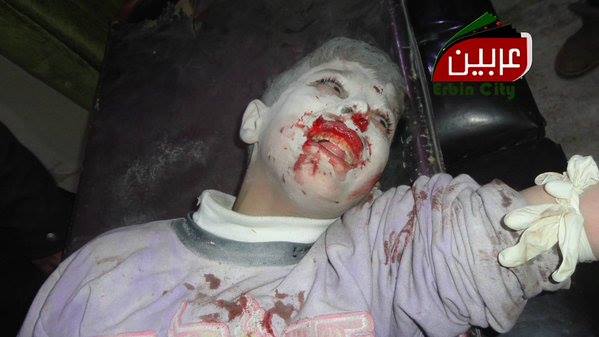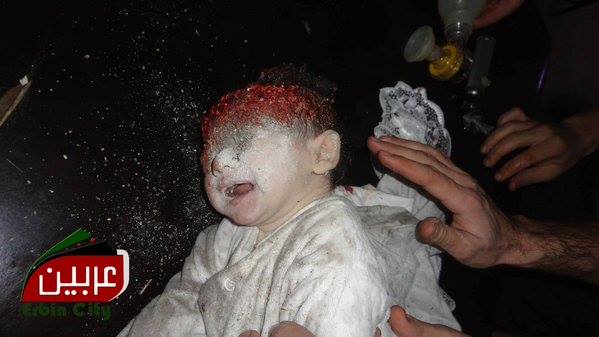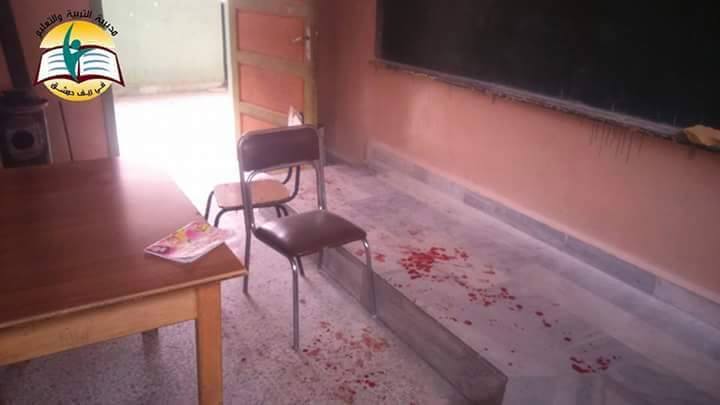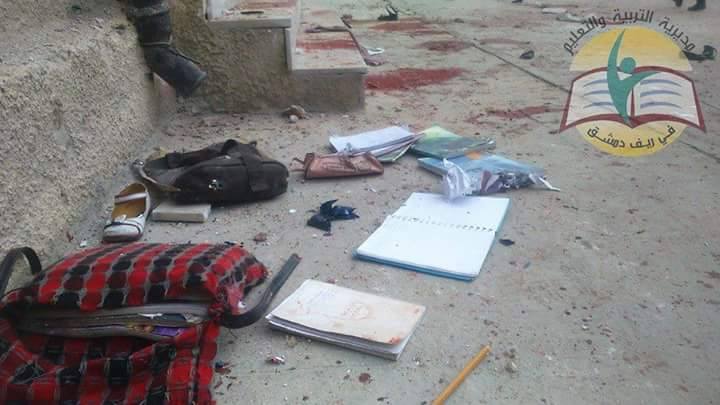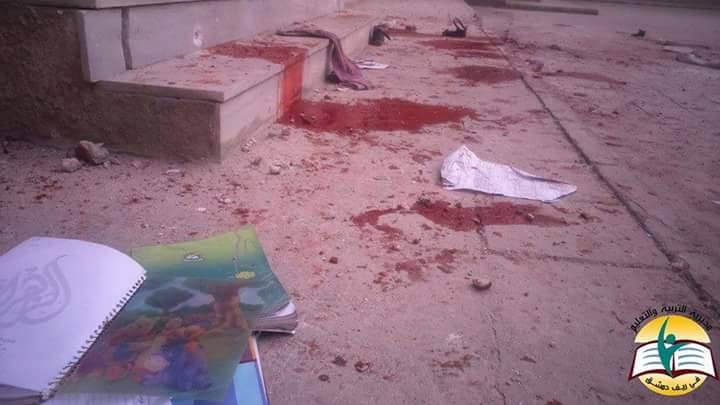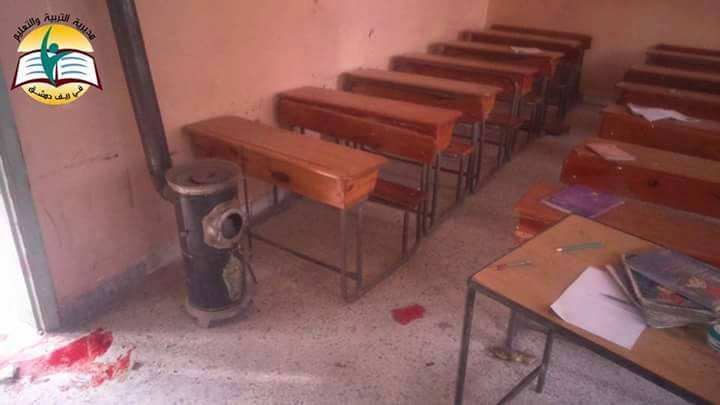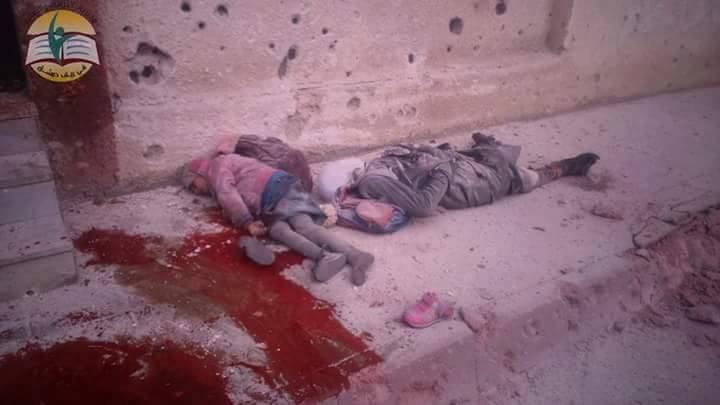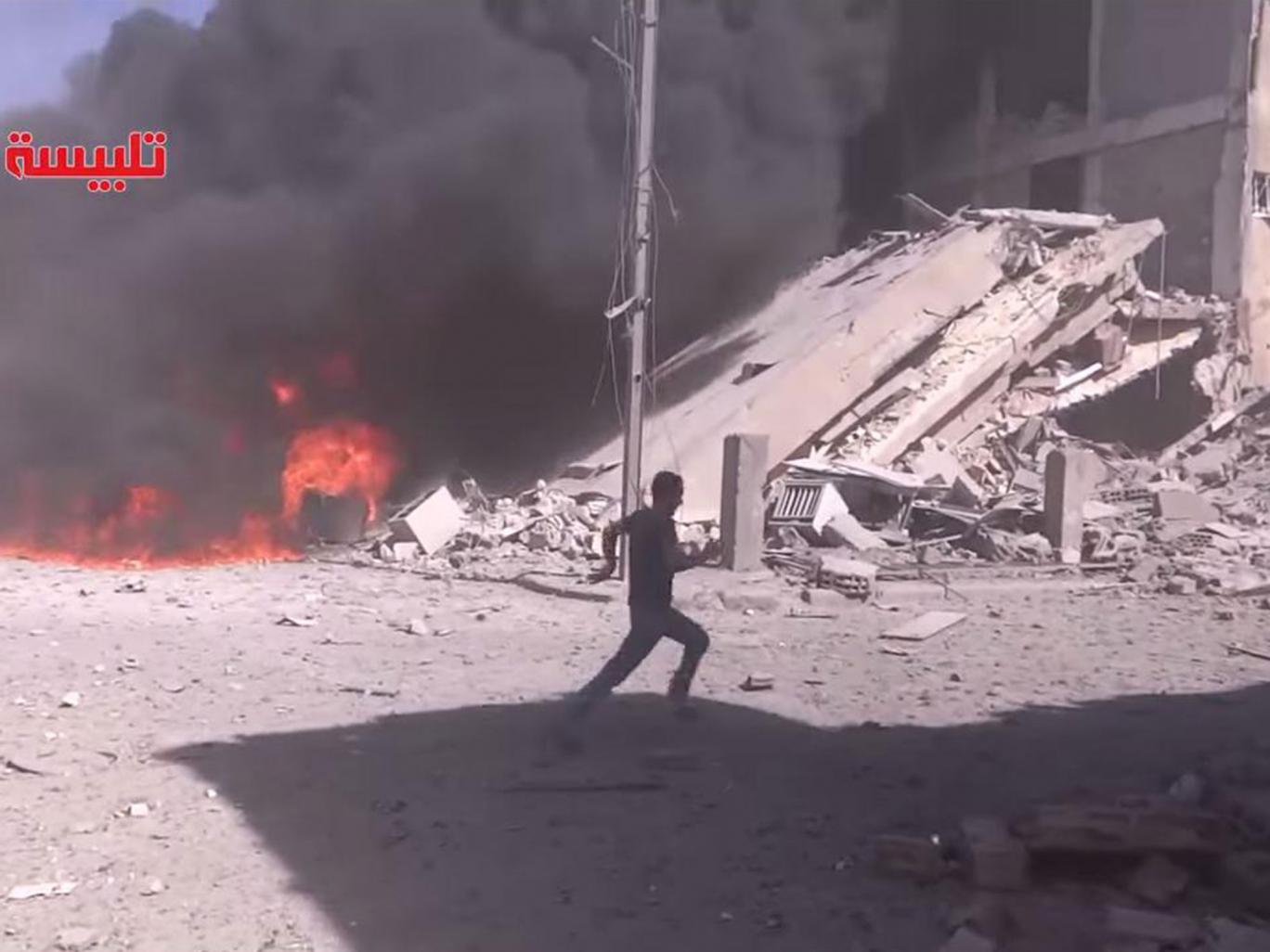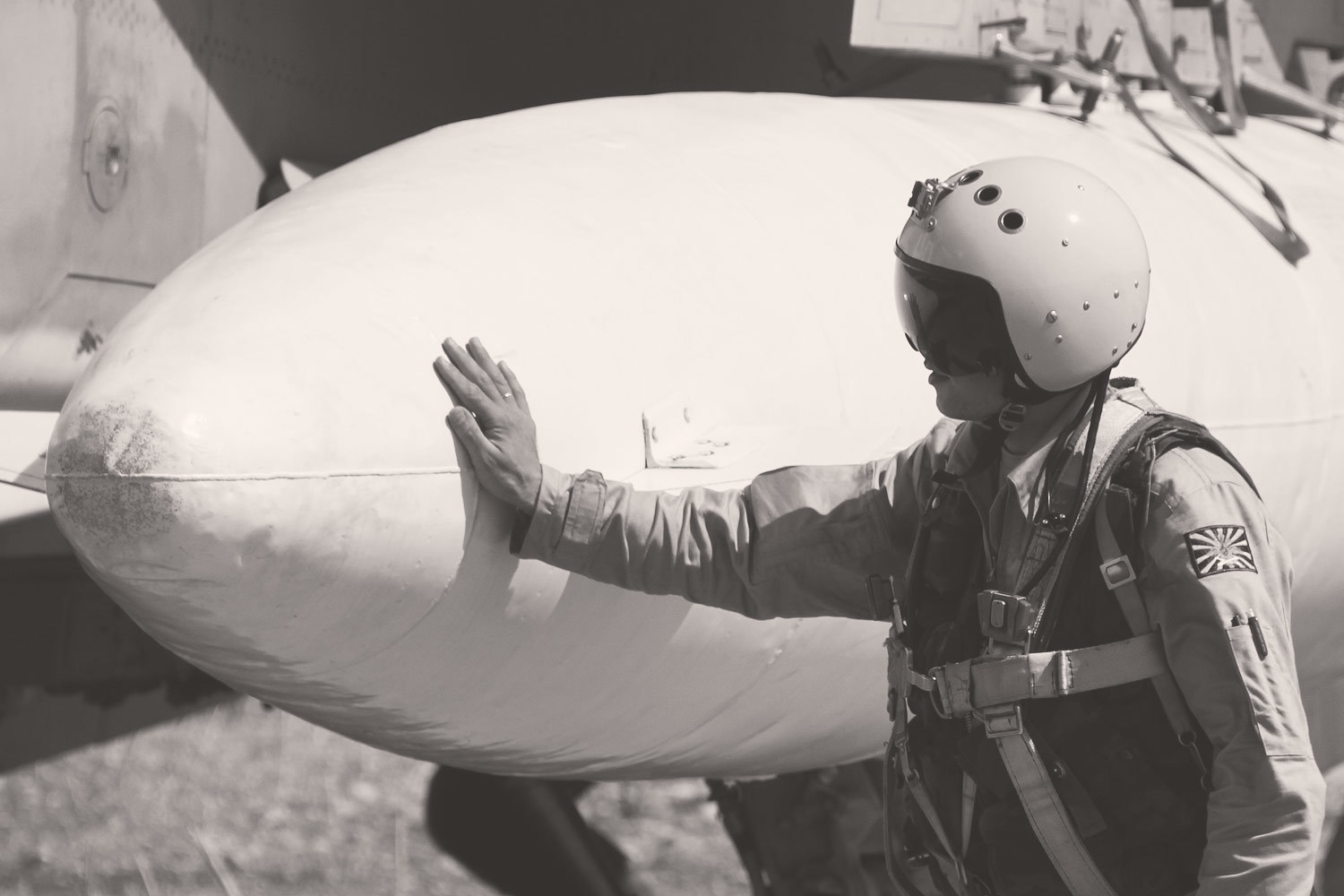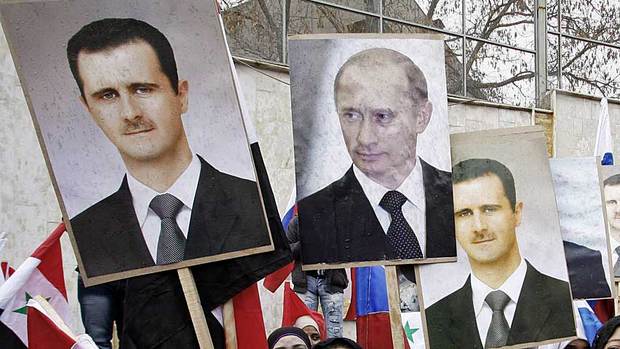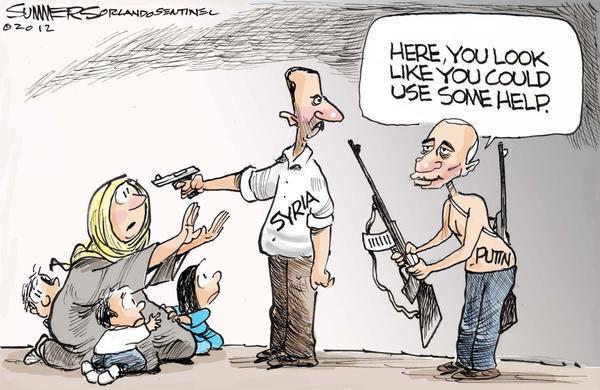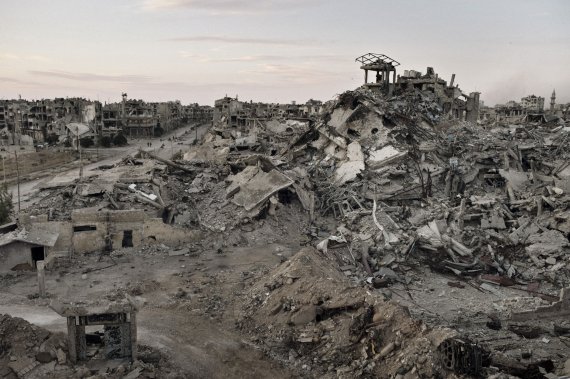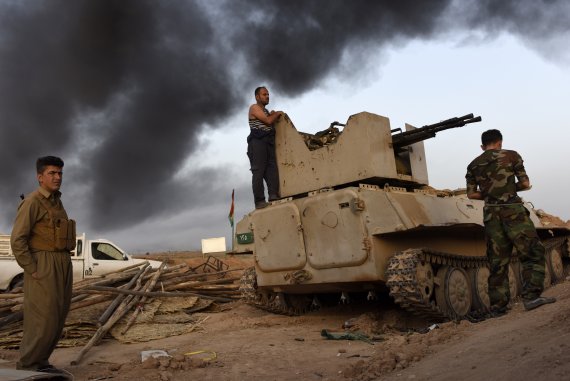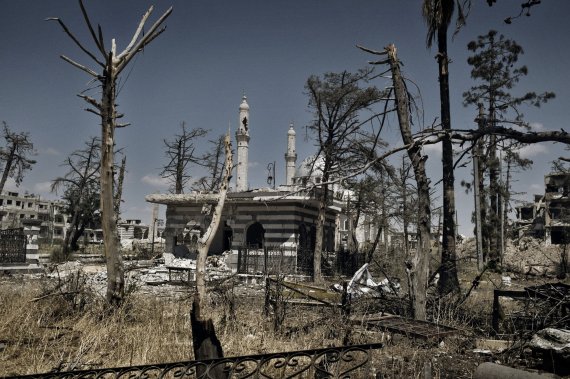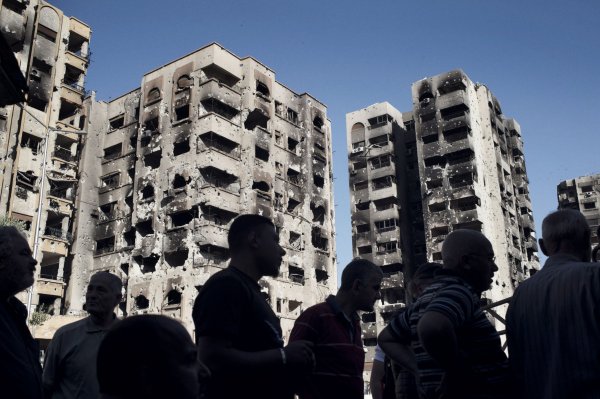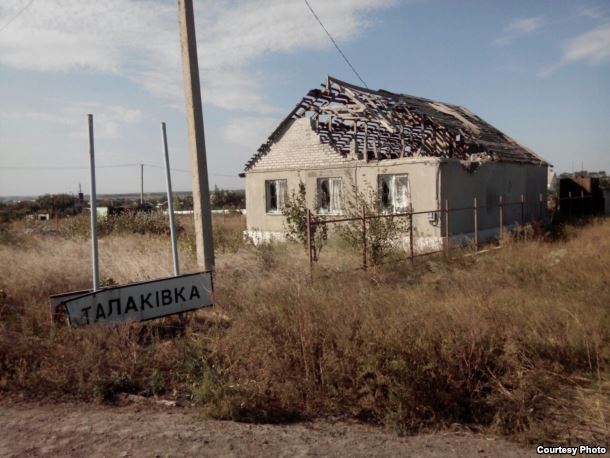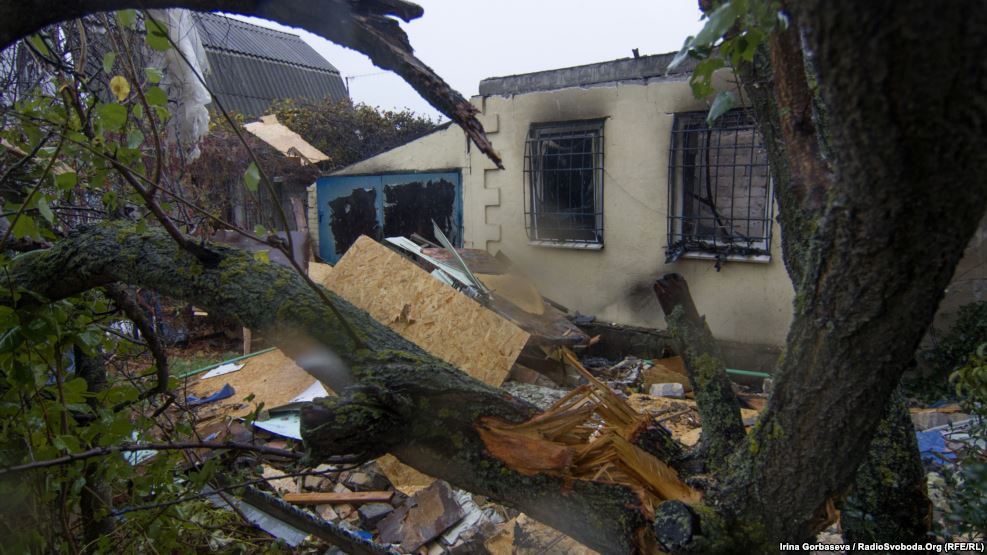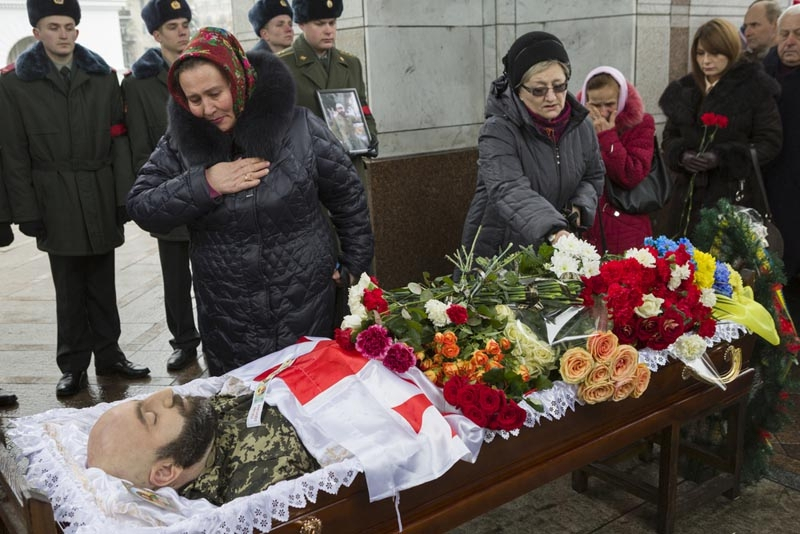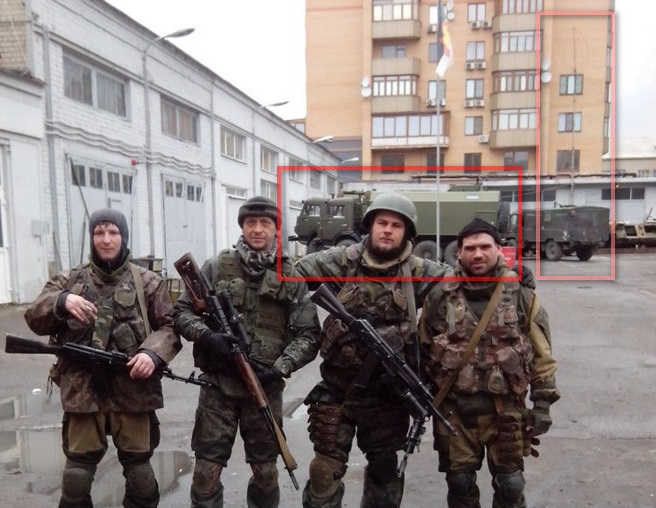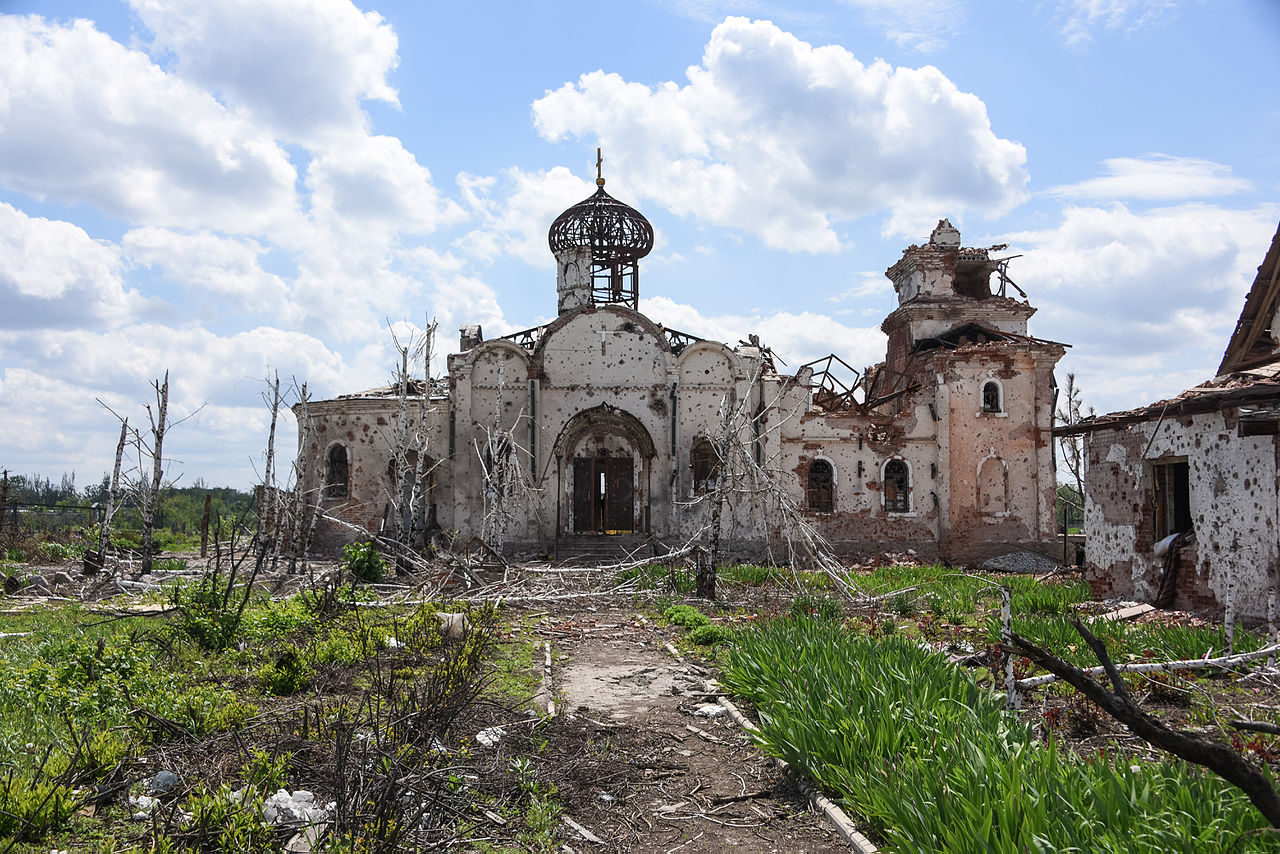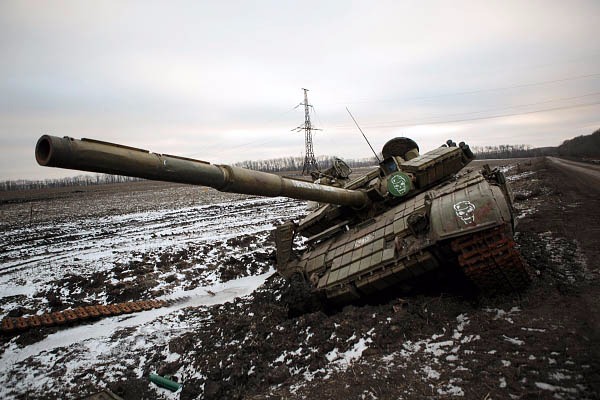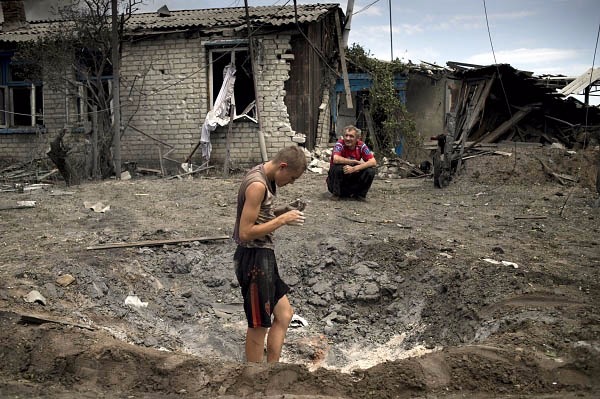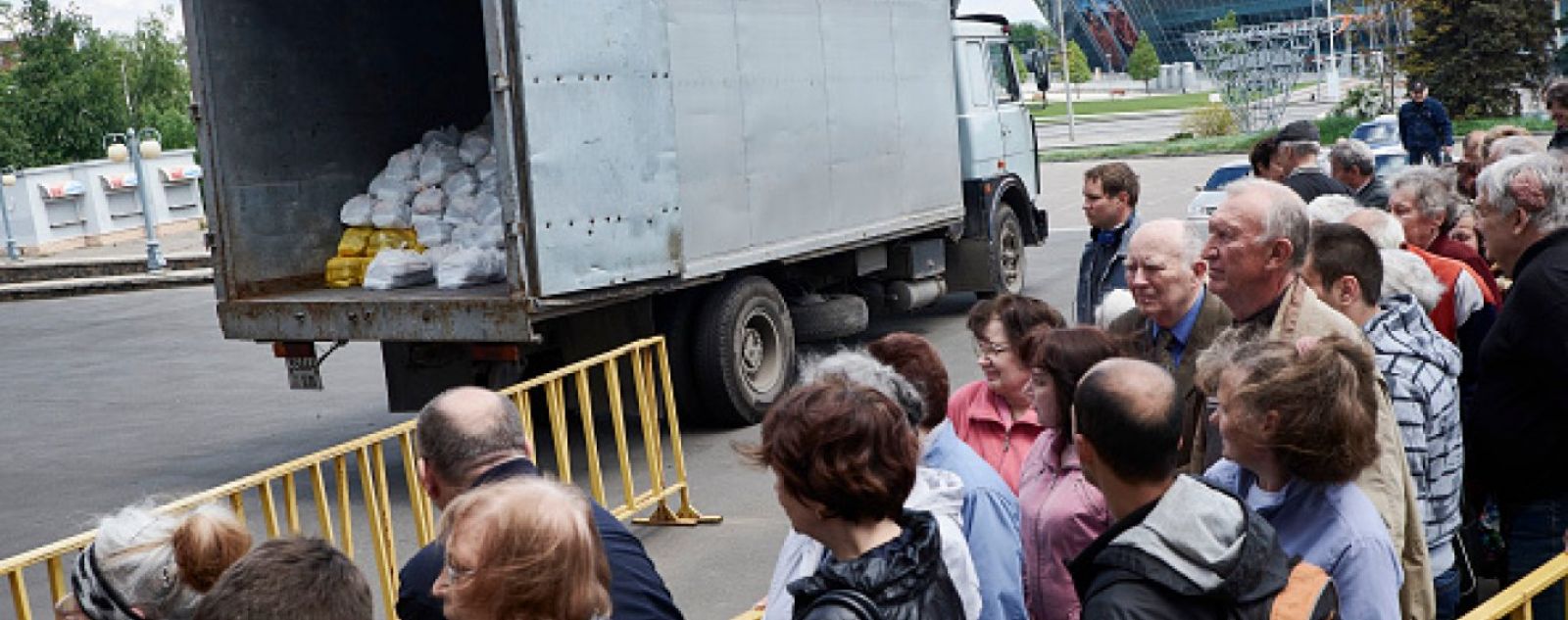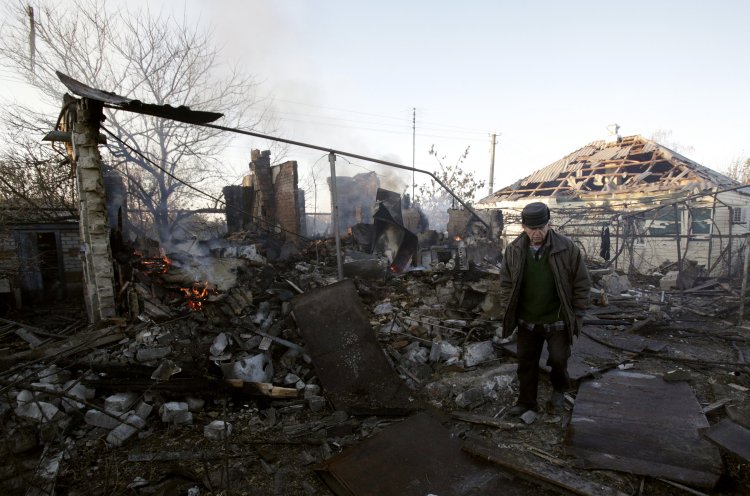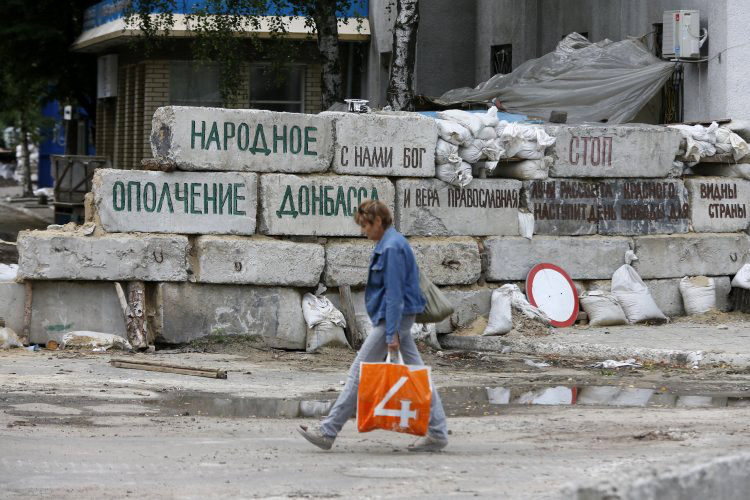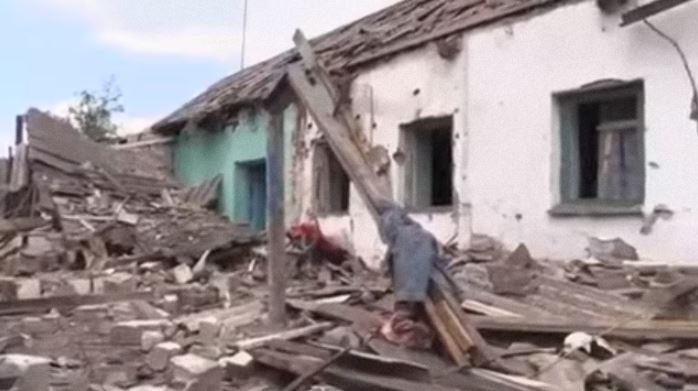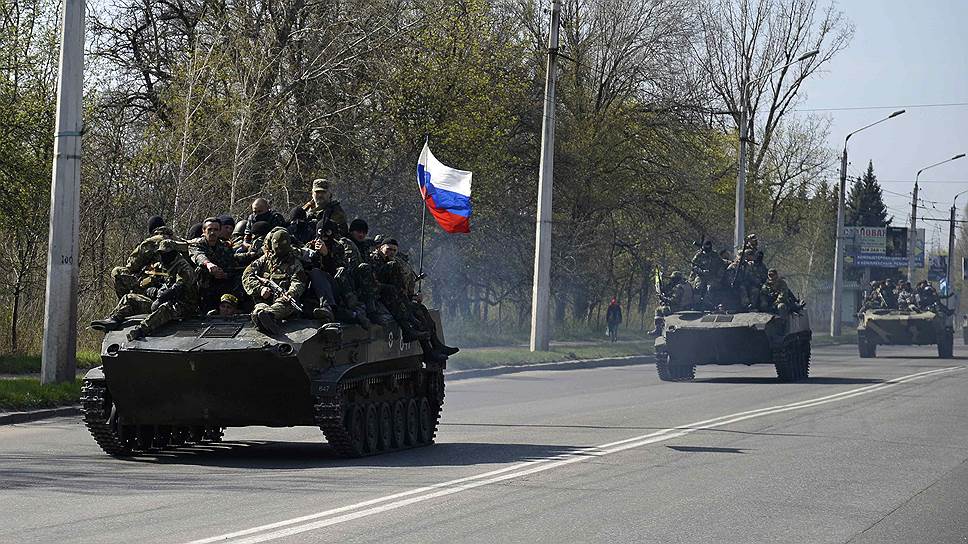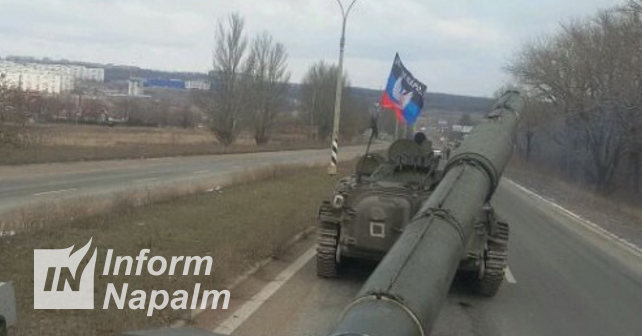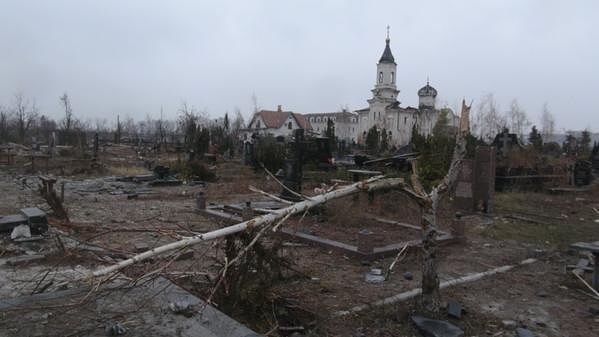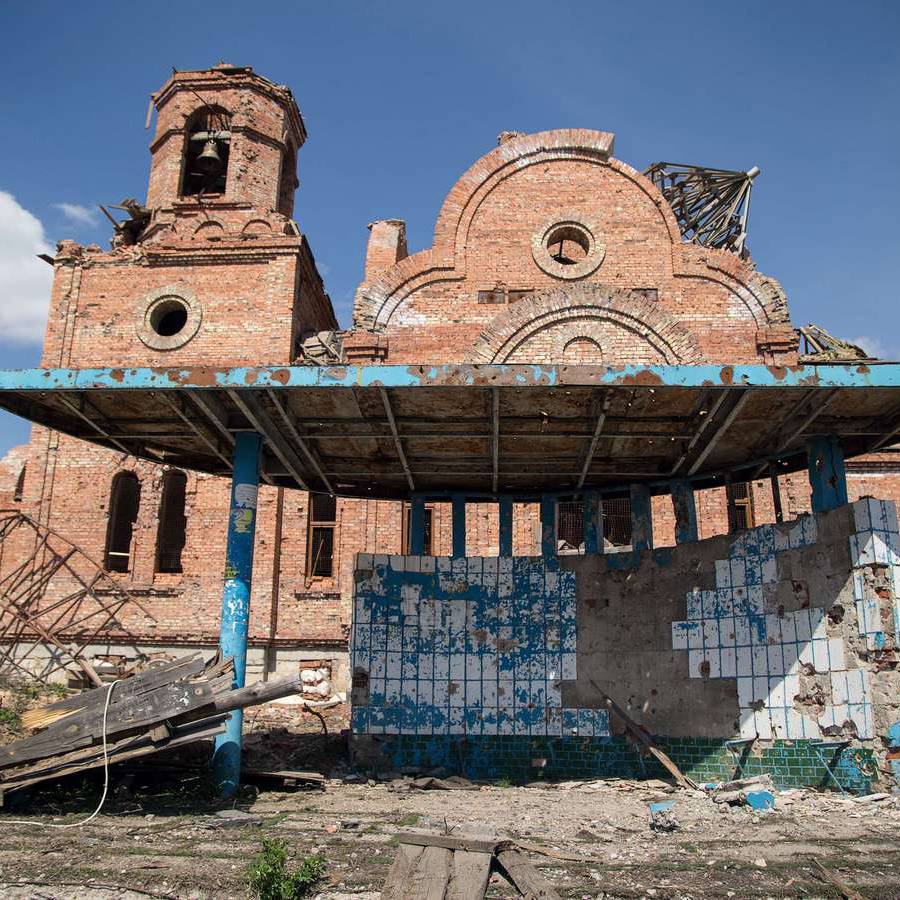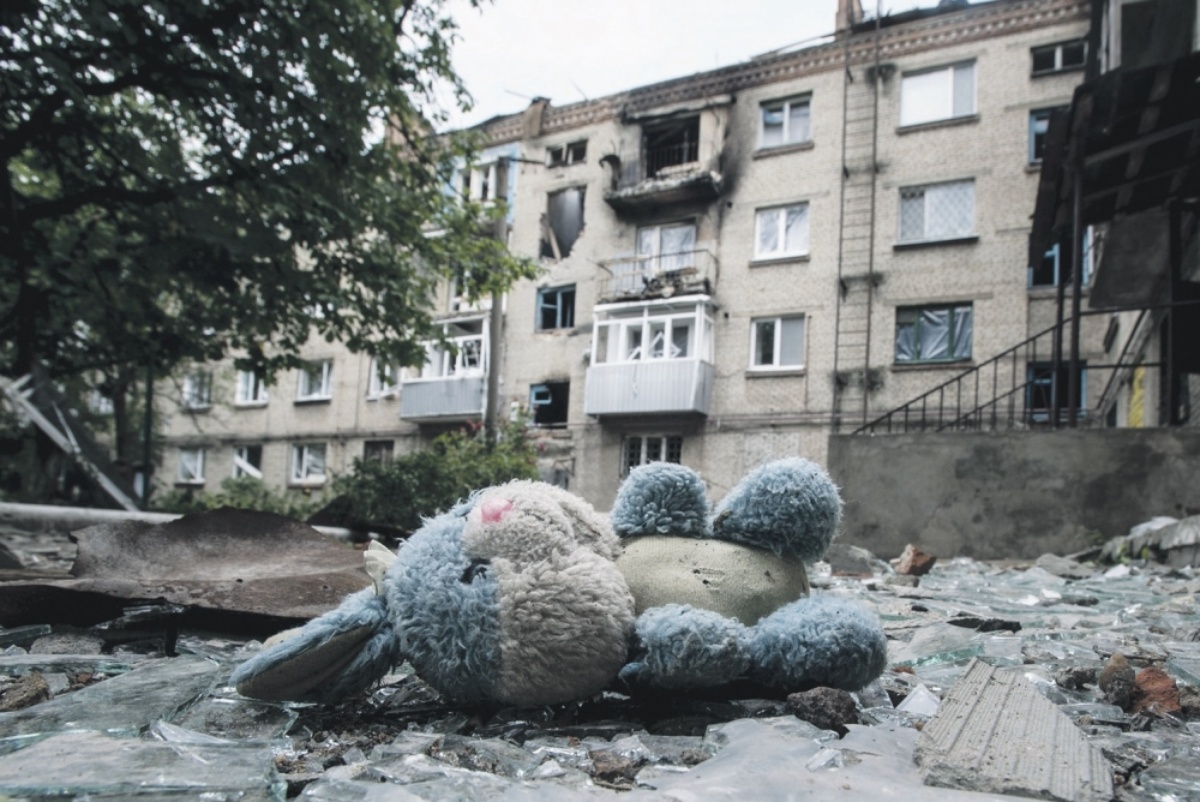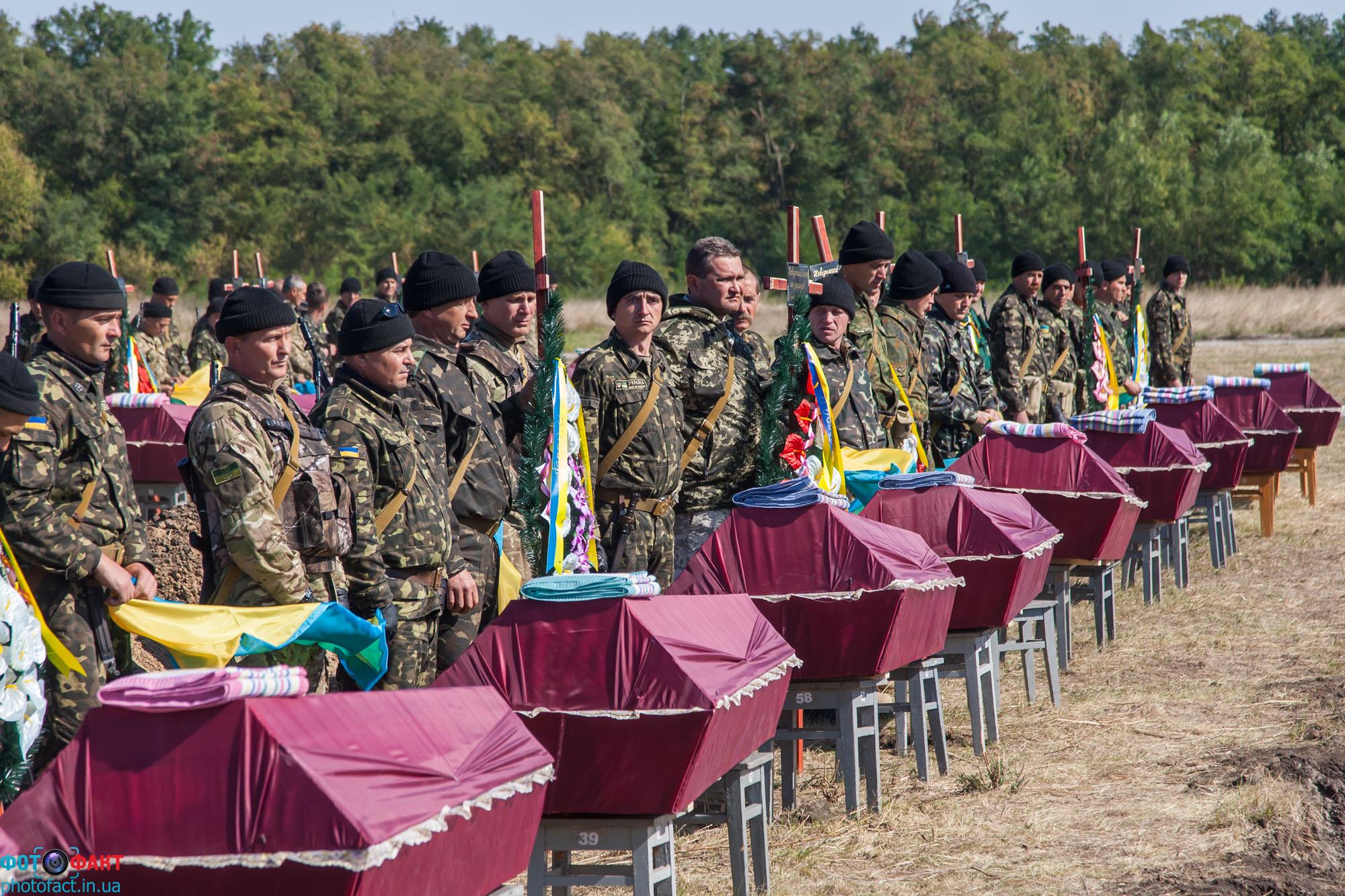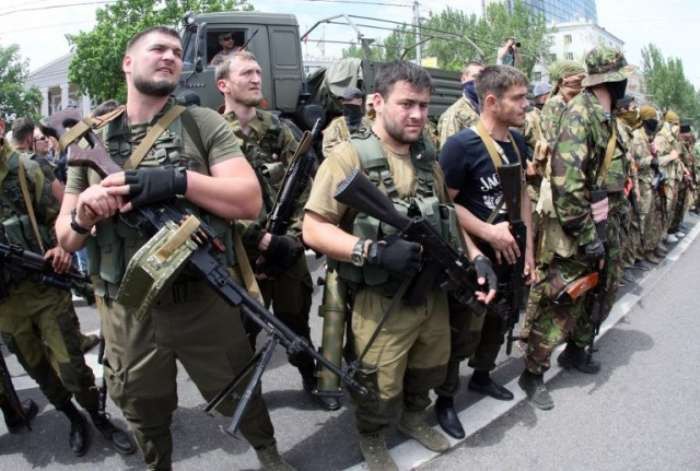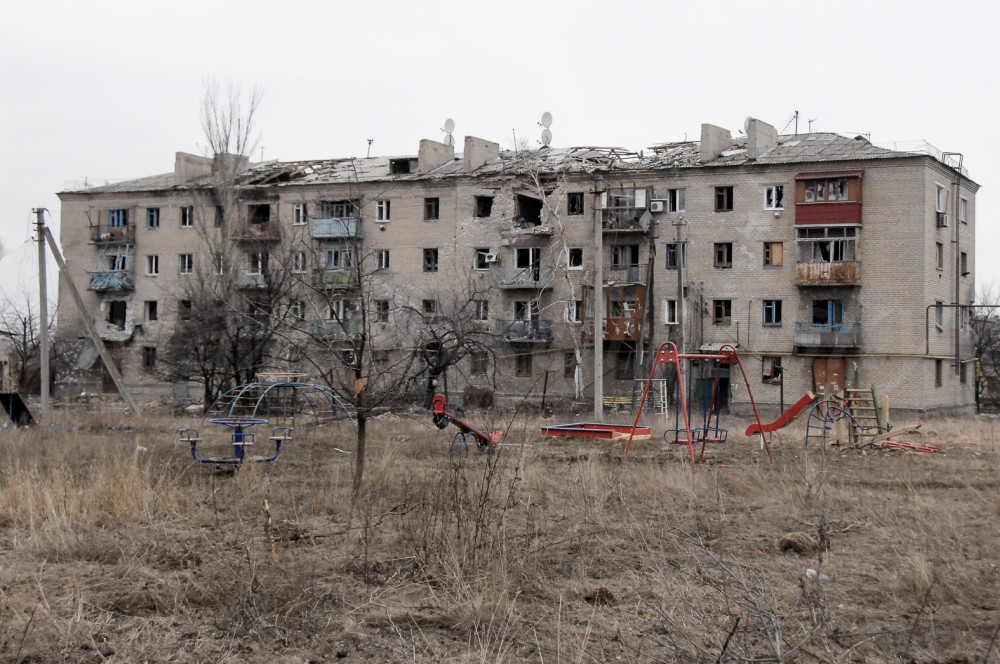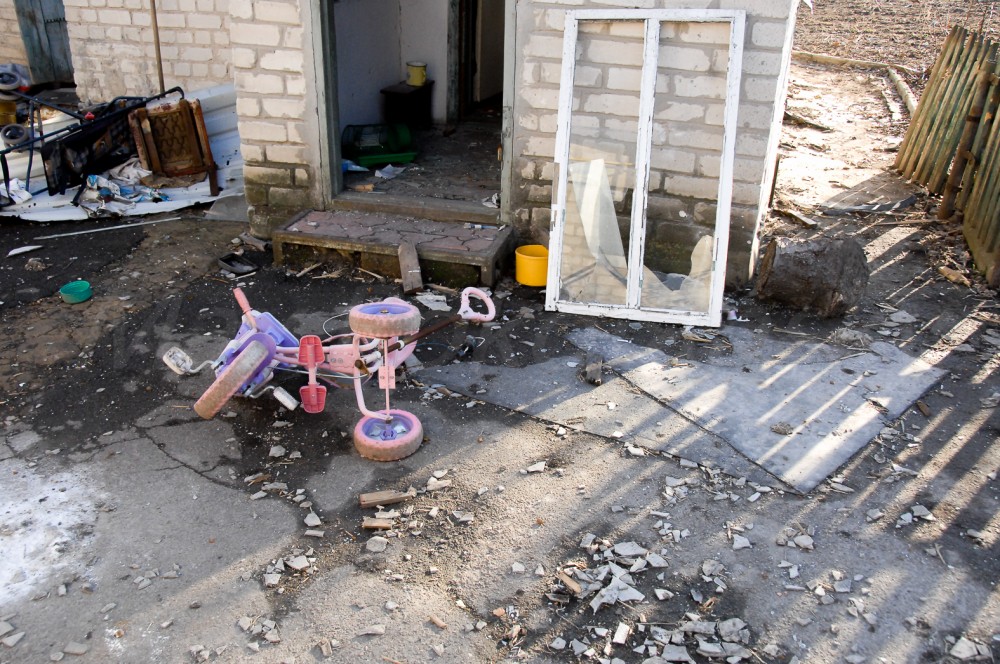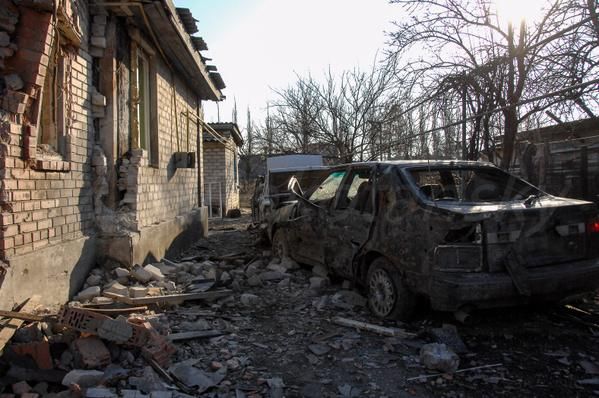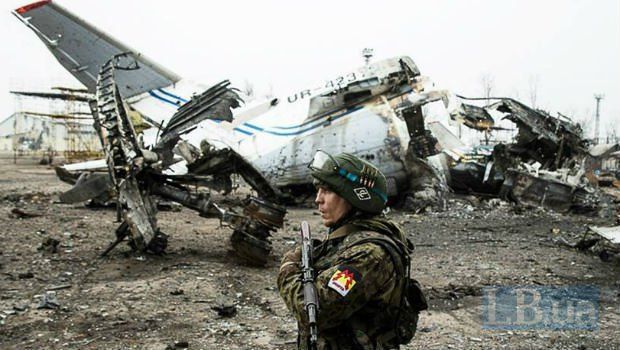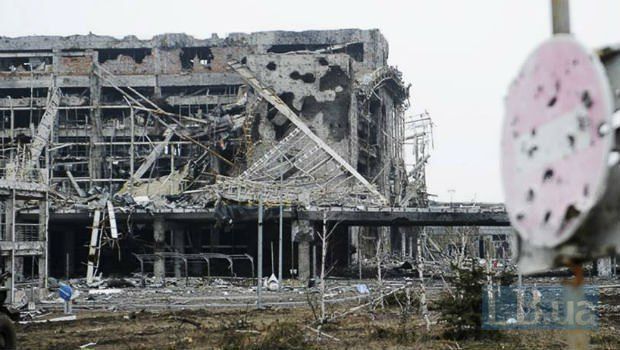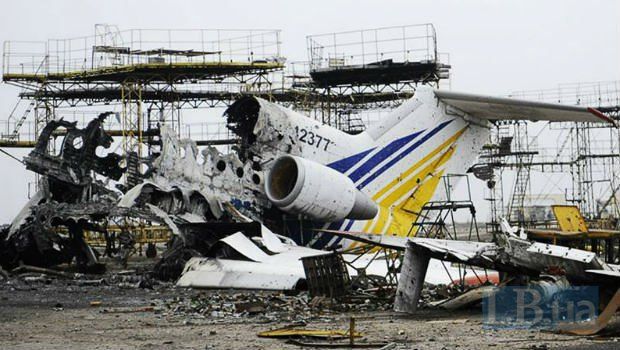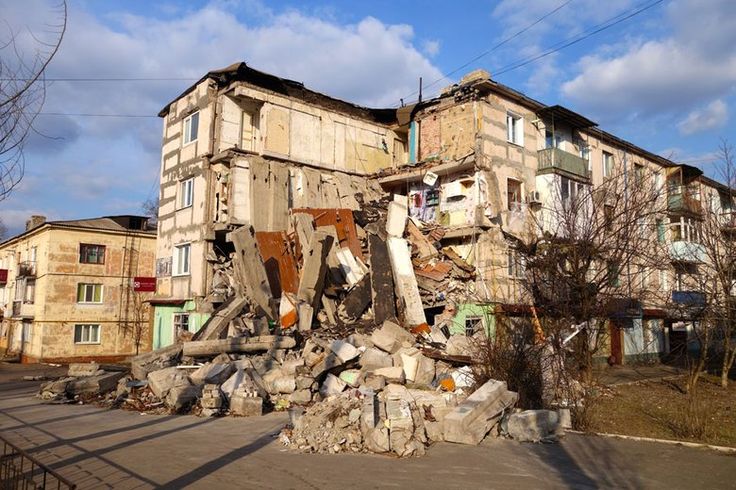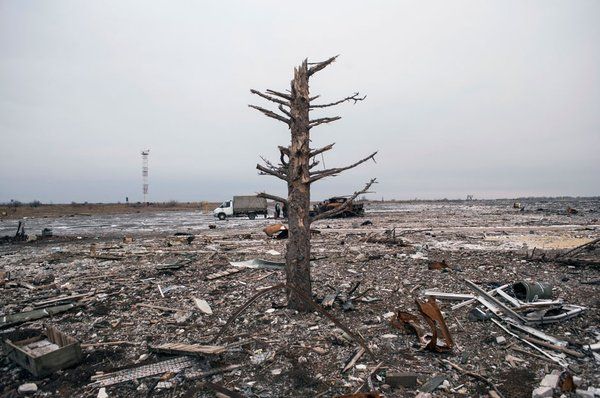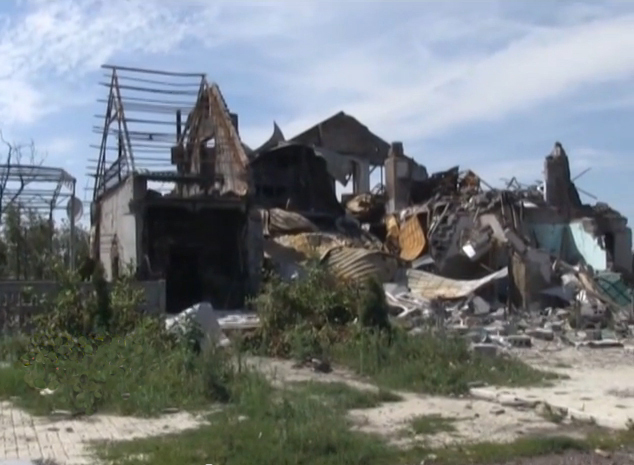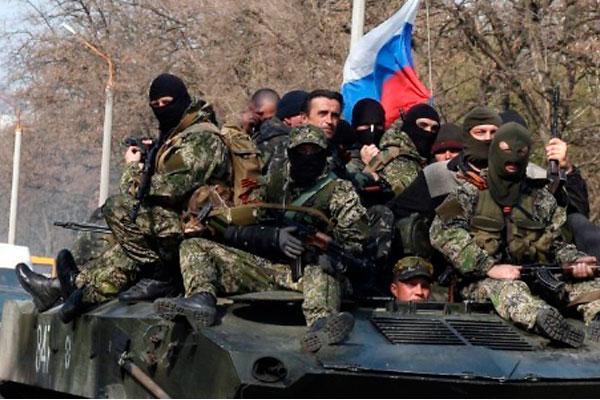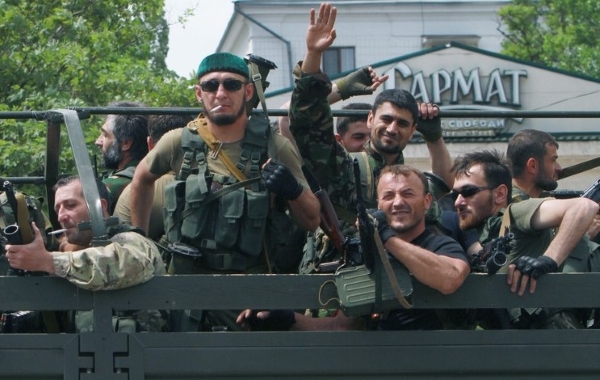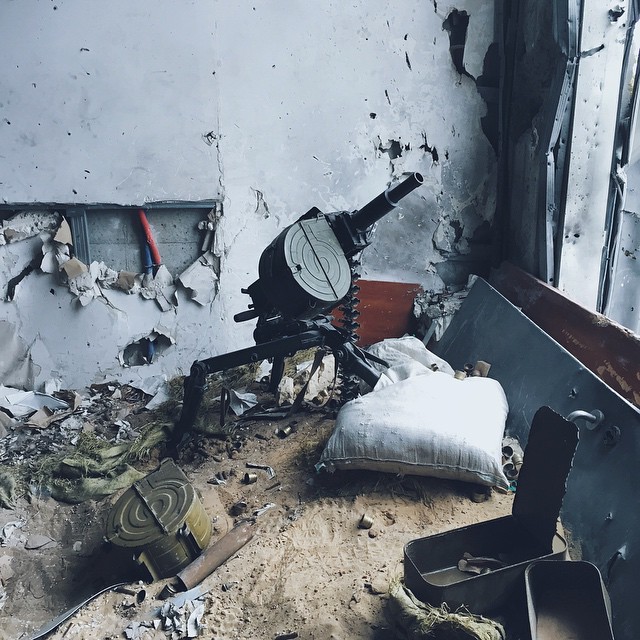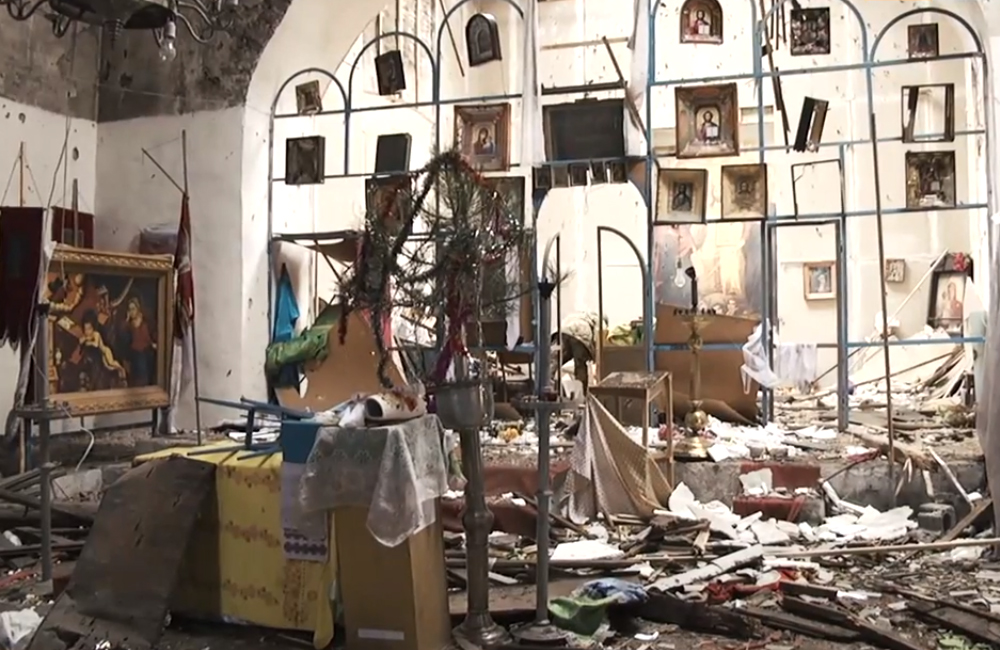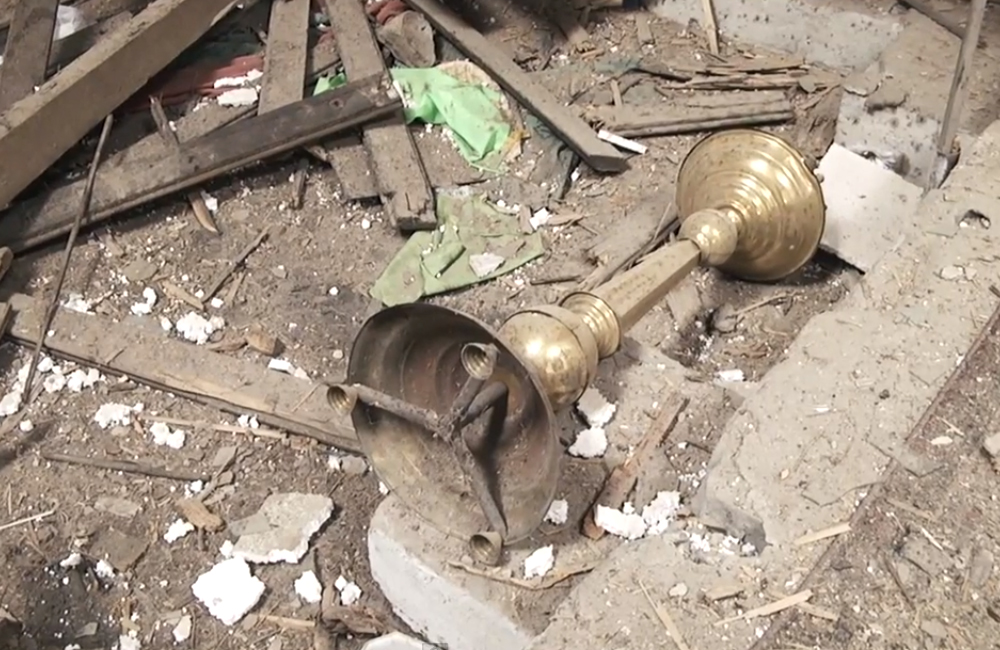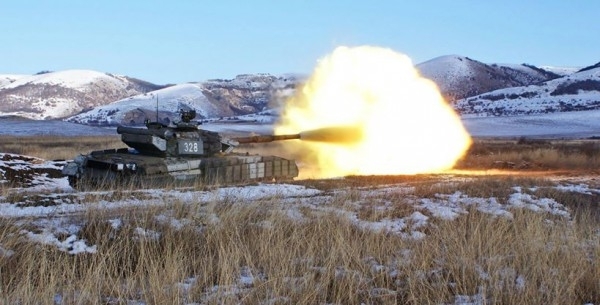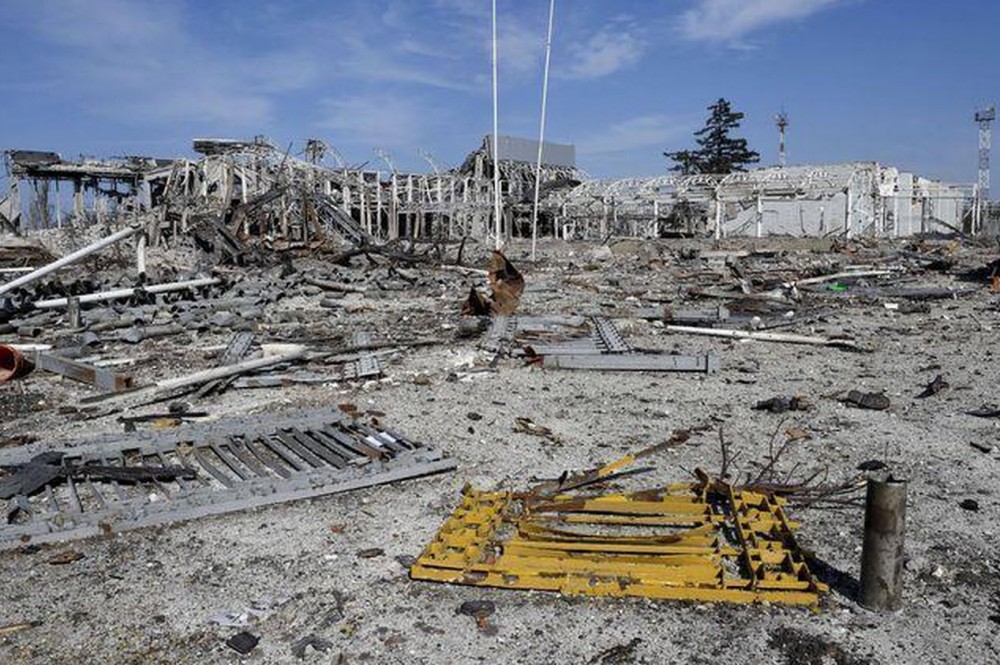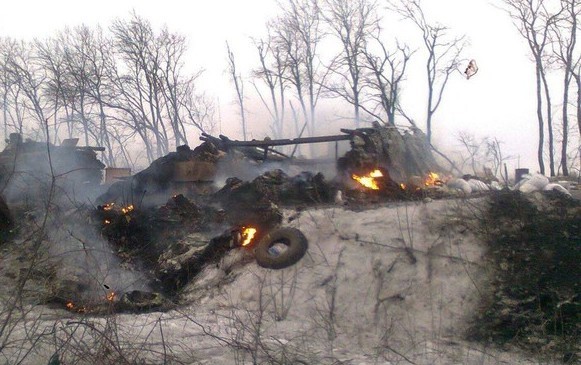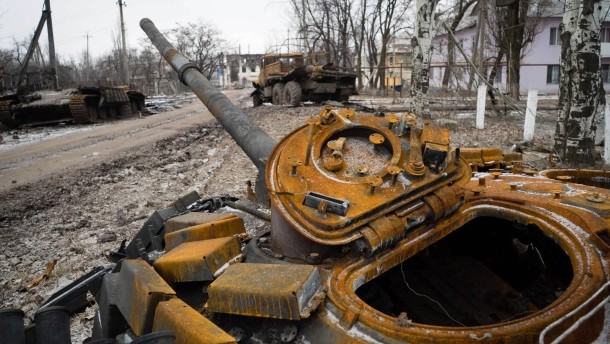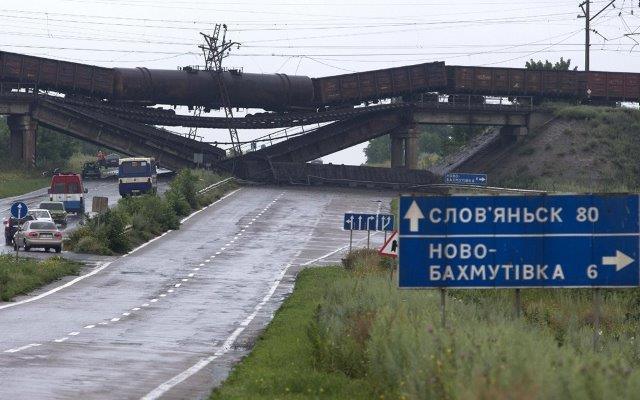Most people have been horrified by what Russian and Syrian forces did in Aleppo even if they accept claims by Putin and Assad that the civilian population there included terrorists and those hiding terrorists. But a Moscow TV host says that Aleppo was an “easy” victory and has taught Russia how it should deal with Ukrainian cities in the future.
His remarks come on the heels of those of another Moscow commentator about what Moscow should do once Ukraine is recognized as part of Russia’s “sphere of influence” and highlight the way that the unthinkable can rapidly become the acceptable in some circles.
On this week’s “Evening with Vladimir Solovyev” on Russia’s First Channel, the former “foreign minister of the DNR” Aleksandr Kofman and former Kyiv political analyst Rostislav Ishchenko who now lives in Russia discussed how the Russian army should act to seize Ukrainian cities.
The contents of their remarks and those of the moderator were summarized by Sergey Zaporozhsky on his Facebook page and are also available on the Obozrevatel portal.
For his part, Ishchenko suggested that it wouldn’t be worthwhile to send Russian ground forces into major Ukrainian cities because doing so would involve “enormous losses for the Russian army. But other participants on the Moscow program disagreed and said that Aleppo shows the way Moscow could proceed.
“They took Aleppo comparatively quickly,” Solovyev said, “and there they learned how to solve such tasks. The DNR army has learned how to fight in cities. One needn’t worry. The people of Ukraine will not fight for them.”
Kofman agreed. He said he not only believed but “knows” that “as soon as our forces approach any city, the Ukrainian army will leave it forever. This is a fact.”
That almost certainly isn’t “a fact” except in the post-fact world many in Moscow and elsewhere appear to have entered. But there is a real fact here: It is horrifying to think that the tragedy of Aleppo is now viewed as a model for future Russian behavior, an attitude that recalls how some in Nazi Germany viewed the slaughter at Guernica as a model for the Luftwaffe.
Related:
- The Kissinger effect
- The ugly things Moscow might do if Ukraine is consigned to a Russian sphere of influence
- The West didn’t ‘betray’ Russia: Russia betrayed its best self
- In Russia, 7-year old SMS gets you 7 years of prison
- Ten types of Russian weapons didn’t work well in Syria, the Russian defense minister says
- Putin’s ‘achievement’ in Syria: now Russians the target for Muslim anger, Portnikov says
- Putin needs a new cold war to stave off the end of the empire, just like Soviet leaders, Karelian says
- A state of war exists between Russia and Ukraine, Portnikov says
- Russian pundit calls for Syria-style airstrikes against Ukraine




